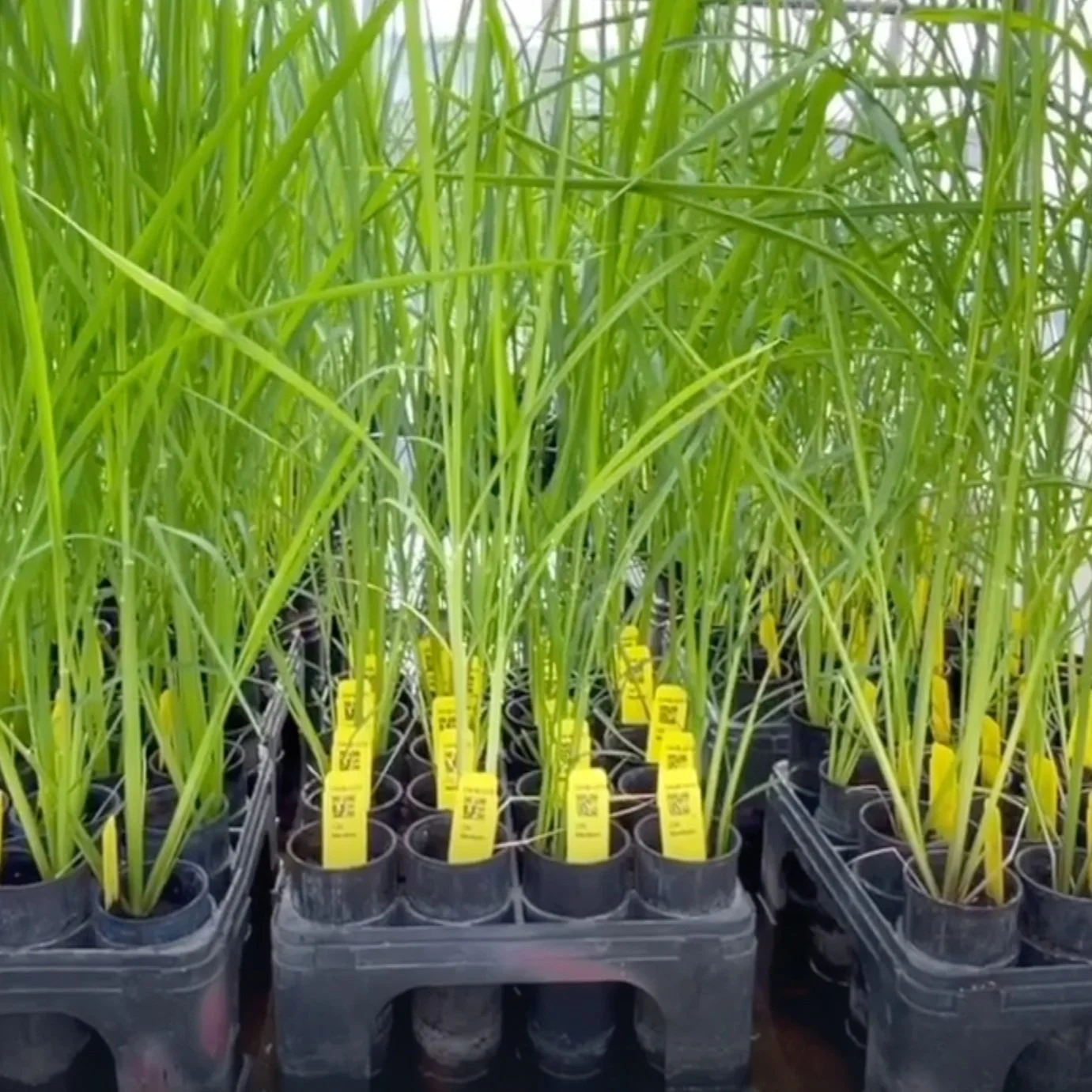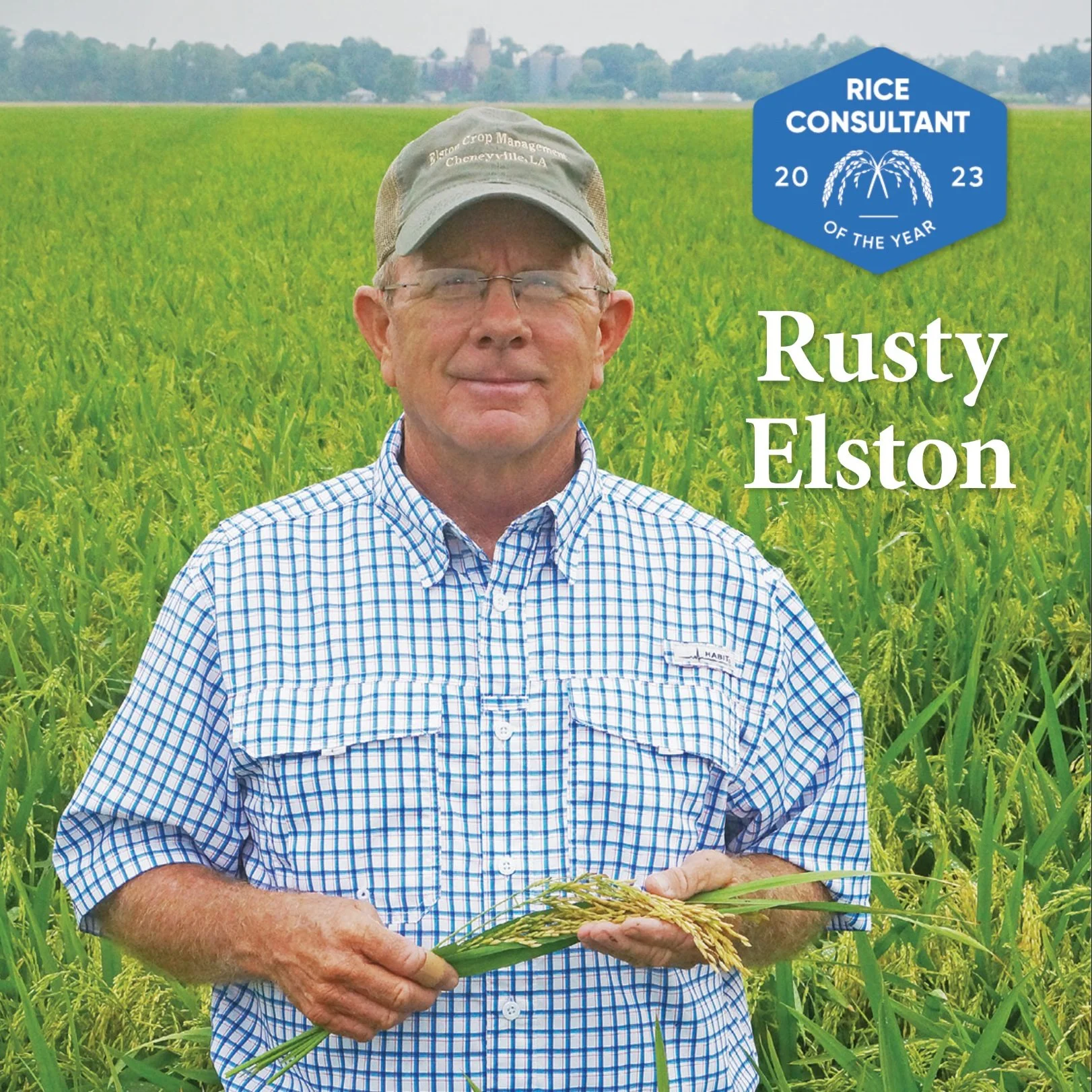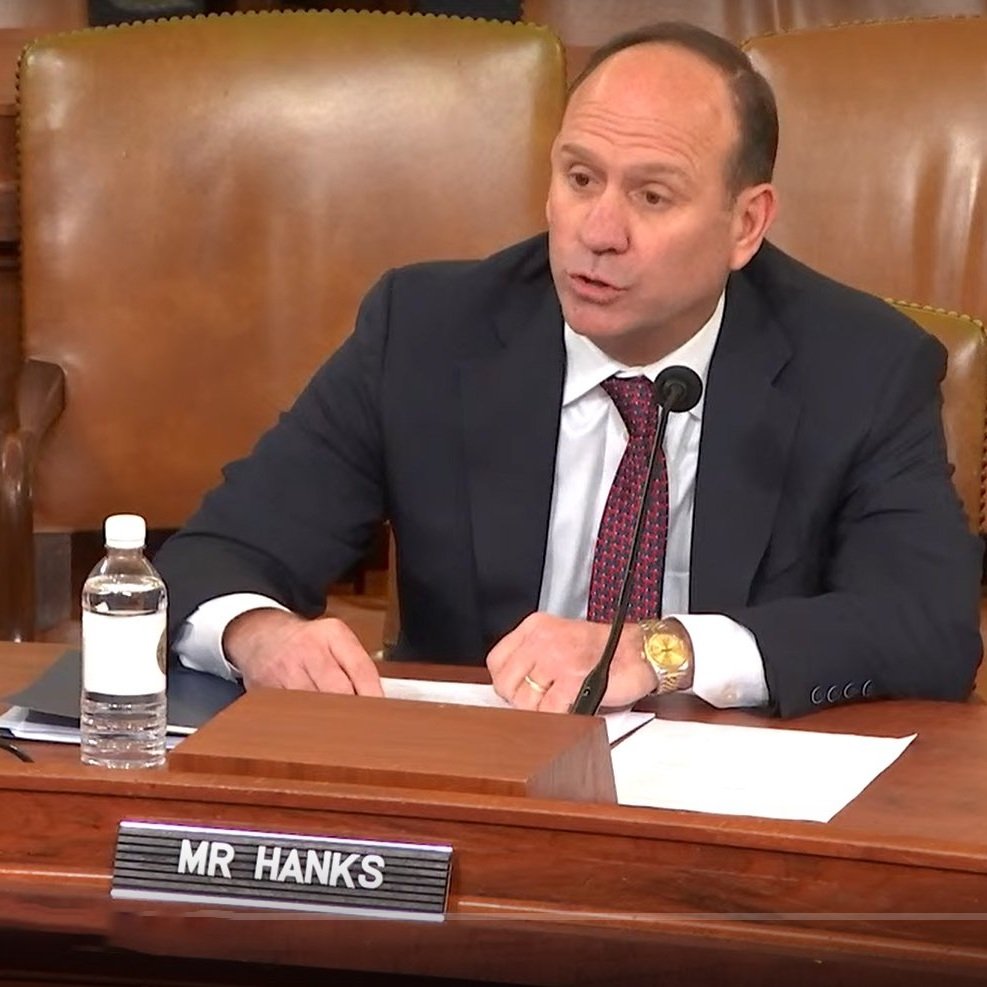The Louisiana Red Beans and Rice Heritage and Musical Festival has partnered with local farmers and businesses to teach the heritage of one of the oldest and most tasteful cuisines in Louisiana.
Read MoreU.S. rice farmers can give a hearty “cheers!” to Anheuser-Busch and the American Farmland Trust (AFT) for their new partnership that will be putting a “U.S. Farmed” certification and seal on several products from the nation’s top brewer and largest user of U.S.-grown rice.
Read MoreThe Louisiana Farm Bureau Federation is working with the Louisiana Fire and Emergency Training Academy in compiling the locations of grain bin rescue tubes across the state.
Grain bin rescue tubes are specialized pieces of equipment used by first responders to help safely remove someone trapped by flowing grain inside a grain bin or other grain storage facility.
Read MoreThe WASDE’s March outlook for 2023/24 U.S. corn remains relative to last month. The season-average corn price for producers has been lowered to $4.75 per bushel based on observed prices to date.
The outlook for U.S. soybean supply and use for 2023/24 also remains unchanged for March. While soybean crush is unchanged, the soybean meal extraction rate has been bumped up slightly, and soybean meal exports are mostly higher due to lower domestic use. The U.S. season-average soybean price forecast stays unchanged at $12.65 per bushel.
Read MoreThis report contains the results from the 2023 December Agricultural and Row Crops County Agricultural Production surveys.
Read MoreThe H. Rouse Caffey Rice Research Station develops new varieties of rice, provides advice on how to grow and manage crops and much more.
Director of the Caffey Rice Research Station, Adam Famoso tells me the process of producing rice starts in house as the center creates different rice seeds that are then sold to farmers to grow.
Read MoreWhen someone in south Louisiana's Cajun Country says, "cook some rice," they mean the authentic grain. Offering them a vegetable you call rice would be nearly as offensive as putting tomatoes in gumbo.
Louisiana rice millers want to make sure no one is mislead by products marketed to be something they aren't.
Read MoreEver since rice pretenders – rice-shaped processed vegetables – emerged on the scene, the U.S. rice industry has been trying to set the record straight with consumers, retailers, manufacturers, policymakers, and lawmakers to avoid marketplace confusion.
“We’ve said from the beginning, ‘rice is a grain, not a shape,’” said Robbie Trahan, a Louisiana rice miller and chair of the USA Rice Domestic Promotion Committee. “If someone wants to eat cauliflower crumbles, that’s fine. But don’t call it ‘rice.’ It isn’t.”
Read MoreThe U.S. International Trade Commission (USITC) is undertaking a new fact finding investigation that will examine recent trends and developments in the global rice market and the export competitiveness of the rice industries in the United States and other major producers, such as Bangladesh, Brazil, China, India, Indonesia, Pakistan, Paraguay, Thailand, Uruguay, and Vietnam.
Read MoreEarlier this month, Bobby Hanks, a Louisiana rice miller and chair of the USA Rice International Trade Policy Committee, joined representatives from the U.S. Wheat Associates, North American Millers’ Association, and the Seafarers International Union (AFL-CIO) as part of a stakeholder panel briefing for Congressional staff on “The Role of American Agriculture & Transportation in International Food Aid.”
Read MoreAbbeville residents have been expressing their concerns lately about the old Riviana Rice Mill. The mill has been standing for over a century and contractors have been seen removing tin from the main buildings next to the railroad track. This has left some residents worried that once the tin is removed, the entire structure will be torn down, leaving Abbeville with a large cement slab.
Read MoreLouisiana rice consultant, Rusty Elston, said his father, Willard Elston, made sure his children knew how to work beginning at an early age. “This is where the training for my career actually began,” Rusty said. “My father set the example and taught us to always do our best and be willing to go the extra mile.” The young boy took notice of this important lesson and has maintained that mindset through the years in every aspect of his life.
Read MoreUSA Rice millers and merchants met with key U.S. executive and legislative government officials during their fly-in last week to talk about trade and transportation among other topics.
John Morgan, a Louisiana rice miller, kicked off a meeting with USDA Agricultural Marketing Service (AMS) Associate Administrator Melissa Bailey who provided an update on what AMS is doing that will impact the U.S. rice industry, including the announced $1 billion in food aid commodity purchases scheduled this year. Bailey shared information on the Resilient Food Systems Infrastructure (RFSI) program. States and territories will work in partnership with USDA to make competitive sub-awards up to $420 million to support infrastructure in the middle of the supply chain for domestic food and farm businesses and other eligible entities.
Bobby Hanks, a Louisiana rice miller and chair of the USA Rice International Trade Policy Committee, testified before the House Committee on Ways and Means Subcommittee on Trade, at a hearing entitled, Advancing America’s Interest at the World Trade Organization’s (WTO) 13th Ministerial Conference (MC13). Hanks was one of five witnesses providing feedback to legislators and the only witness strictly representing the interests of agricultural producers.
Read MoreThe 2022-24 Rice Leadership Development Class recently completed the two-year program with their final session held in conjunction with the USA Rice Legislative Fly-In in Washington, DC, February 4 – 8.
On Monday, the group visited the U.S. Department of Agriculture (USDA) headquarters and met with staff from several different agencies that fall under the USDA umbrella of departments that are of vital importance to the industry including the Foreign Agricultural Service (FAS), the National Agricultural Statistics Service (NASS), the Economic Research Service (ERS), the Farm Service Agency (FSA), and the World Agricultural Outlook Board.
Read More














